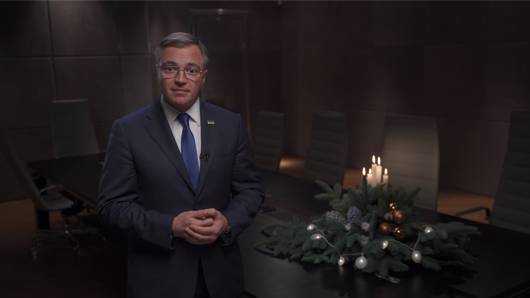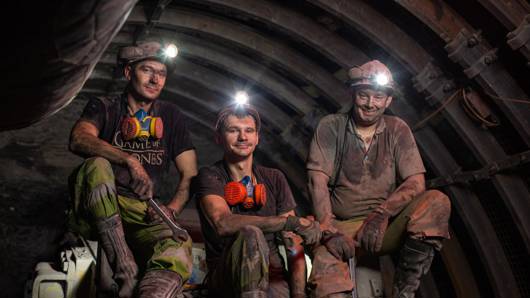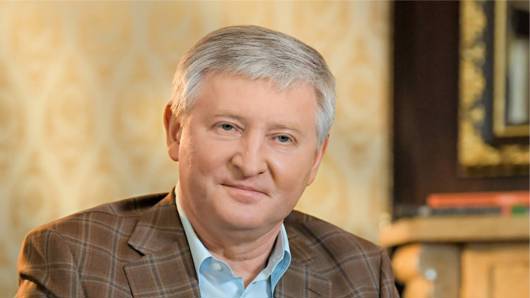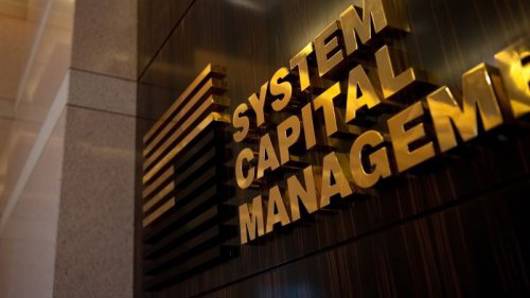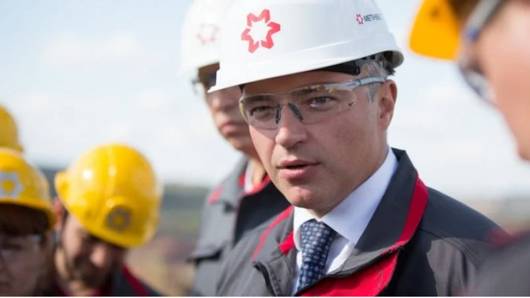In an interview with Bloomberg on the anniversary of Russia’s full-scale invasion of Ukraine, Yuriy Ryzhenkov, CEO of Metinvest Group, spoke about the business’ transformation since the beginning of the war, its participation in the reconstruction of Ukraine after the victory and the potential for investments.
– Can you provide an assessment of the amount of damage done to Metinvest’s assets a year into the war?
– It has been a difficult year for Metinvest and the country as a whole. Unfortunately, we have temporarily lost control over our two largest steel mills in Mariupol, which is about 30% of all Group assets.
Also, the iron ore mines and mills that are still operational in Ukraine are not running at full capacity because of blackouts, infrastructure damage and the blockade of Black Sea ports. Most facilities are operating at less than 50% of their capacity.
– Do you think that this infrastructure will be recoverable? Do you think that you can recover the assets, in terms of not just the ground on which they are located, but also the damage done? Is there anything to recover there?
– We don’t know the exact amount of damage to the facilities. We have seen many videos from the first few months of the war, but we don’t know the actual condition of the assets. It is quite likely that parts of the mills are intact or in an operable condition. Once the city is liberated, we will be able to send our specialists there, and we will know what’s repairable and what’s not. But in any case, our shareholder Rinat Akhmetov has already announced that we will be rebuilding those facilities, and they will not be the same as before. We will be moving towards “green steel”, towards carbon-neutral steel production, and the new facilities will be built in Mariupol on that basis.
– Regarding the facilities that are outside the currently occupied territories, but very near to the front lines: how has that proximity affected operations?
– As I said, we have had problems with logistics and energy supplies to those facilities, but they haven’t been resolved in recent months. Some facilities are at 50% capacity. Of course, we have to implement new procedures for the health and safety of our people, as many of these places are still being bombed by Russian rockets. As such, we need to have special arrangements to make it safe for our people, with hideouts and procedures that they follow when they work. Other than that, our employees are in good spirits: they believe in Ukraine’s victory and they are still working.
– Yuriy, we are almost one year in, we don’t know when this war is going to end, but we hope it will end soon. When it does end, what is Ukraine going to need to rebuild, and what role are you going to play in that?
– We are still the largest producer of steel in the country. Of course, any country that needs to rebuild its infrastructure is going to need substantial steel supplies, and we are ready to supply that in Ukraine. Even in this extremely tragic year that we have had, Metinvest has managed to invent and launch 24 new products, and we continue to increase our product line. I am sure that we are going to be able to supply adequate steel products for Ukraine’s plans to rebuild the country. Infrastructure will be a major part of this plan: there will be a need to renew the railway system, housing and roads, and we will be there to supply the steel for this reconstruction.
– And what about investment outside Ukraine? I know you expressed interest in Dunaferr in Hungary after the court ruling on that liquidation. Are you looking to invest elsewhere in Europe?
We have been looking at East European steelmaking assets throughout our history, so, yes, we are interested in looking at those mills. Not just to buy them, but to refurbish them and make them part of a more green and efficient future for the steel industry.
We are also looking at the possibility of greenfield investments in some of the steel-importing countries in the EU. For example, Italy is a major steel importer, and we are looking at building a mill there that will produce steel using Ukrainian raw materials.






